El estilo de habla en el discurso directo como estrategia para la construcción del género en el monólogo humorístico
Palabras clave:
humor, género, monólogo, discurso directo, estilo de hablaResumen
La presente investigación analiza el papel del discurso humorístico planificado en la construcción de la identidad de género. El objetivo principal es explorar las distintas formas en las que las humoristas españolas hacen uso del estilo de habla femenino y masculino, a través del discurso directo, con el objeto de romper con los roles sexuales y subvertir las nociones heteronormativas de masculinidad y feminidad. Partimos de la hipótesis de que, en el discurso humorístico, el estilo de habla femenino y masculino se usan con independencia del sexo para conseguir unos determinados efectos cómicos y sociales. Con el objetivo de verificar tal conjetura, este estudio recoge un corpus de 10 monólogos humorísticos representados en salas y teatros españoles durante los años 2017 y 2018. La transcripción y segmentación de dichas muestras nos ha permitido examinar la función de los estilos de habla en el discurso directo y su relación con los estilos humorísticos propuestos por Martin et al. (2003). El análisis de los efectos conseguidos en relación con la construcción y deconstrucción de la identidad de género, así como el estudio de los elementos lingüísticos y paralingüísticos empleados para desencadenar el efecto cómico, nos ha permitido comprobar que el uso de un estilo de habla marcado por una determinada identidad de género es un instrumento discursivo que puede implicar tanto la ruptura de determinados roles sexuales como el refuerzo de tópicos y estereotipos de género.
Archivos adicionales
Publicado
Cómo citar
Número
Sección
Licencia
Aquellos autores que tengan publicaciones con esta revista, aceptan los términos siguientes:
- Los autores conservarán sus derechos de autor y garantizarán a la revista el derecho de primera publicación de su obra por medio de este documento de cesión de derechos de autoría, el cuál estará simultáneamente sujeto a la licencia de reconocimiento de Creative Commons que permite a terceros compartir la obra siempre que se indique su autor y su primera publicación esta revista.
- Los autores podrán adoptar otros acuerdos de licencia no exclusiva de distribución de la versión de la obra publicada (p. ej.: depositarla en un repositorio institucional o publicarla en un volumen monográfico) siempre que se indique la publicación inicial en esta revista.
- Se permite y recomienda a los autores difundir su obra a través de Internet (p. ej.: en publicaciones institucionales o en su página web) antes y durante el proceso de envío, lo cual puede producir intercambios interesantes y aumentar las citas de la obra publicada. (Véase el efecto del acceso abierto).










